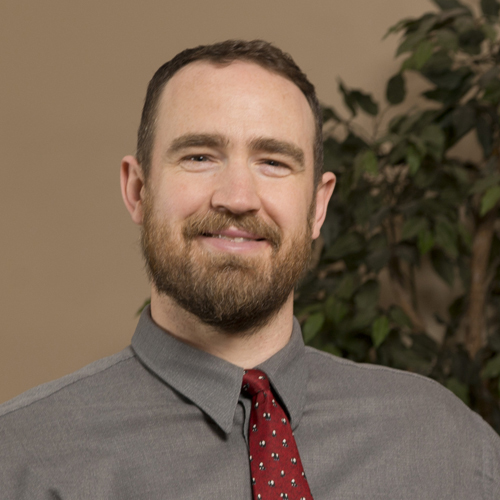The Liberating Arts: Math’s place in the liberal arts

Maybe you’ve wondered why the people in charge of schools are so insistent that you learn mathematics. Here at MC, a liberal arts college, we typically require students take at least a couple of math classes. Why are mathematics part of the liberal arts?
There are good reasons. Historically they made up an important segment of the classical liberal arts, which included the study of arithmetic, geometry and logic. Certainly in modern times, mathematics plays an important role in free citizens taking an active part in civic life, from managing personal finances, to reading reports on scientific studies in the paper, to doubling a batch of pancake batter. (Every good citizen should know how to make pancakes.) And the need for math in our everyday lives only appears to be growing, as more and more data about us is being collected, analyzed, used and communicated.
But I’d like to discuss another aspect of mathematics as a liberal – and liberating – art. This perspective of mathematics may unfortunately be quite foreign to some readers who instead have experienced scenarios like the following:
Teacher: “Today we’re going to learn to reduce fractions.”
Student: “Why would I want to learn to do that?”
Teacher: “Because it will be on the test. Now, here’s the rule; find a number that goes into the numerator and denominator. Then divide the top and bottom by that number. Then you get a reduced fraction.”
Student: “Why does that work?”
Teacher: “Because it’s the rule. Always do the same thing to the top and bottom of a fraction.”
Maybe it wasn’t while studying fractions, but somewhere along the way, you probably got the impression, either explicitly stated or repeatedly implied, that math was about a whole bunch of rules to learn and follow. The teacher is there to tell you the rules. Your job is to put your head down, get to work and follow the rules.
Does that sound liberating to you? It doesn’t sound liberating to me, and it’s not what mathematics is about.
Mathematics is much, much more about the student’s vital question “Why does that work?” Mathematicians do computations in the quest of better understanding why something works. They make mathematical models to understand why things work the way they do. They create proofs and write arguments to help themselves and others understand why something works the way it does.
They do these activities with information connected to real things (i.e. data) but also with abstract mathematical ideas themselves. The heart of mathematics is a pursuit of understanding “Why does that work?”
There are probably as many reasons why mathematicians pursue this question as there are mathematicians. But I believe one reason common to all is that understanding why something works is liberating. Understanding the meaning releases you from the shackles of having to simply follow someone else’s rules. It empowers you to explore and discover for yourself.
It is sometimes very difficult, this search for meaning. It can be a great struggle to find out why something works the way it does. It can take many hours, multiple stumbling attempts, and coming at challenging ideas from many perspectives. But the rewards of always pursuing meaning are great. It is not only at the heart of mathematics, it is core to the liberal arts, and it is liberating.

